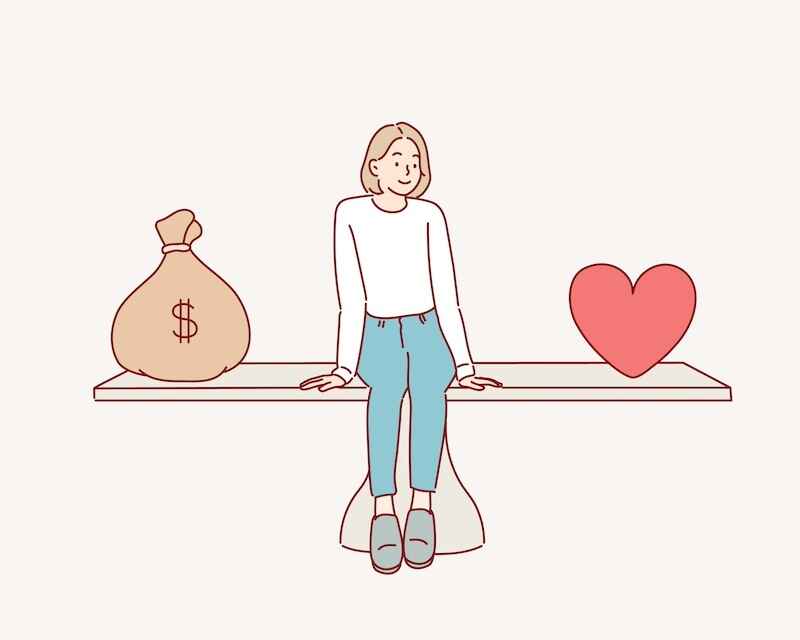“I don’t care too much for money, money can’t buy me love.”
John Lennon and Paul McCartney wrote the famous lyrics – and wonderful song, Can’t Buy Me Love – in 1964.
And it seems as true today as it was six decades ago… as romance and true friendship often seem wholly unrelated to wealth.
But how about general happiness, otherwise known as “life satisfaction”? Can money improve that?
Put another way, can money buy happiness?
If we look at the aggregated data, it seems that it can.
The website Our World In Data – which is run by a research team at the University of Oxford in England – compiled data from the World Happiness Report on life satisfaction in 150 countries and charted it against those countries’ GDP per capita, the basic measure of income across countries.
Here’s the chart that resulted…

Clearly, it shows that the average level of life satisfaction in a country rises as its per capita income does.
People from the world’s poorest nations at the bottom left of the chart reported significantly lower levels of life satisfaction than wealthy nations like the United States, Singapore, Japan, and the Netherlands.
(If you click through to the chart, you can scroll over the country circles and find each country’s GDP per capita, life satisfaction level, and population).
So richer countries tend to be happier than poorer countries.
But the data analysis goes further…
The trend across countries – richer equals happier – also holds within countries. That is, look at any country and compare income with happiness, and you find that richer people tend to be happier. That’s true in poor countries, middle-income countries, and wealthy countries.
Of course, the correlation is stronger in some countries than others. There have also been other studies over the years that identified the same correlation. Yet they also found that happiness tends to level off at a certain per capita income, somewhere between $30,000 and $35,000. That is, adding income above that doesn’t bring much more happiness.
It makes a certain amount of sense. Once the basic necessities of life – food, shelter, education, healthcare, leisure time, etc. – are satisfied, additional money delivers less additional happiness. At least, that’s one theory.
Though it’s important to note that it’s difficult to define or quantify what the actual necessities of life are.
Degrowth
It’s worth keeping the correlation between higher incomes and happiness in mind as the so-called “degrowth” movement gains traction and becomes fashionable among certain groups.
The degrowth movement, which I wrote about back in July, holds that the drawbacks of economic growth – ecological degradation and global warming, inequality and social injustice, and worker exploitation – outweigh its benefits.
But I would argue that growth can be had without those drawbacks, or at least that they can be minimized and mitigated.
Also, I would point to the roughly three billion humans alive today who live on less than $7 a day. These people also deserve a chance at happiness.
